Time Travel Paradoxes – The Grandfather Paradox & Twin Paradox
What is a time travel paradox? It is an occurrence that apparently violates some aspect of causality (i.e., cause precedes effect) typically associated with time travel. Although there are numerous time travel paradoxes, let us explore two famous ones: The grandfather paradox and the twin paradox.
- The grandfather paradox—Science fiction writer René Barjavel, in his 1943 book, Le Voyageur Imprudent (Future Times Three), originally proposed the grandfather paradox. It goes something like this. A person goes back in time and meets his grandfather before his grandfather meets his grandmother. The person in some way interferes with his grandfather meeting his grandmother. Consequently, the grandfather and grandmother never meet. The question becomes, what happens to the person? In theory, the person will never be born. Is this just some illogical premise, similar to asserting that a square circle exists? Most of the scientific community considers it a valid concern regarding causality violations due to time travel. Some physicists believe that it actually presents a barrier to time travel. However, numerous theories exist to resolve time travel paradoxes. We will discuss those theories in the next section, but first let us explore another famous paradox.
- The twin paradox—The is one of the most famous time travel paradoxes. It goes something like this: On Earth live a pair of twins. They are almost the same age, differing only by the order in which they were born. One twin boards a spacecraft capable of traveling near the speed of light. In the spacecraft, the twin embarks on a one-year journey, measured by the clock within the spacecraft. During the one-year journey, the spacecraft travels at 99.94% the speed of light. When the spacecraft returns to Earth, the twin on the spacecraft has aged one year, but learns his twin has aged almost thirty years. Although the example is fictitious, the science is real. The twin paradox has been experimentally verified using highly accurate atomic clocks, one on a jet plane and the other at the airport. There have been many variations of the twin paradox. The scientific community considers it a valid effect of Einstein’s special theory of relativity regarding time dilation.
There is a laundry list of time travel paradoxes. I discuss many of them in my critically acclaimed best selling new book, How to Time Travel. The paradoxes above are sufficient to illustrate causality issues. It is important to note that the time travel paradoxes are not simply in the category of thought experiments. Numerous time travel paradoxes, like the twin paradox and the double-slit delayed-choice paradox (discussed in a previous post), are experimental facts. They are real. The important question is: Do time travel paradoxes form a barrier to time travel? We will address this question in an up coming post.
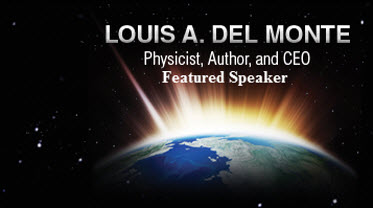






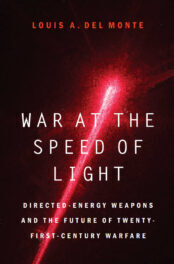
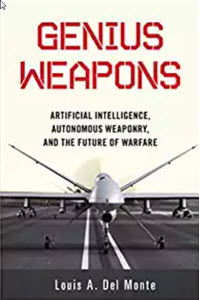
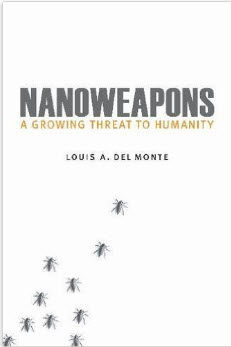
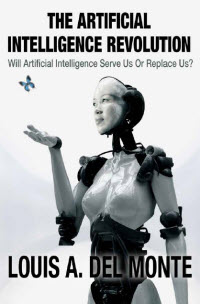

It’s awesome for me to have a site, which is useful
designed for my know-how. thanks admin